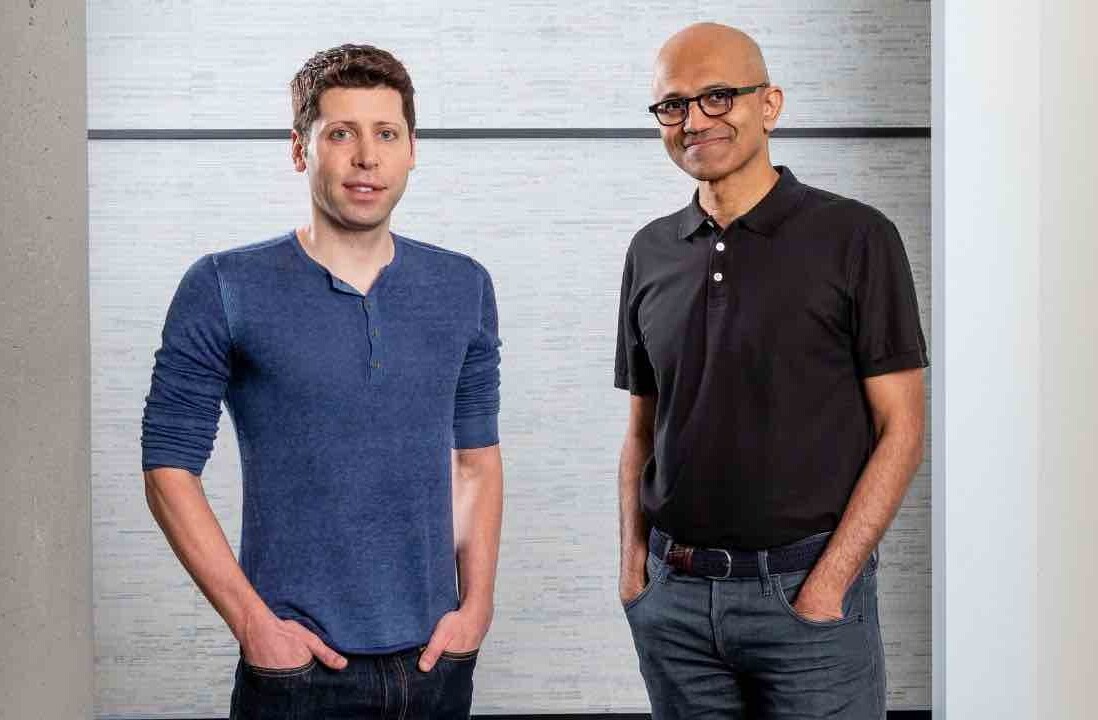
All is not well in the land of Xbox, if one of its key early employees is to be believed. Nat Brown, who claims to be the person who in fact named the device, today released a strongly worded critique of the current state of the Xbox. In his writing he argues that Microsoft is committing key mistakes that will materially harm the platform in coming years.
That’s actually a bit too generous. Following Nat’s argument, it is not hard to see that Microsoft’s product decisions with the Xbox have directly lead to its slipping in the game market, as iOS and Android have spiked to new heights.
His post has two key points, and a corollary that is worth noting, given that the next Xbox console is widely tipped to be landing this year, and that Microsoft is keen on continuing its progress into the living room. Bluntly: Nat states that the Xbox’s interface has grown to the point of all but peak bloat, that Microsoft’s handling of smaller third-party (indie) games has been abortive by design; the corollary to this is that simple gaming on tablet and smartphone devices, running code built by any two willing hands has likely siphoned potential Xbox users and user-hours from the console.
His post is very worth reading in its entirety, and we encourage you to do so on his blog here.
This is damning, as Microsoft has long prided itself on building platforms for developers to take to new heights. However, with the Xbox, the company has instead produced a byzantine system in which smaller developers are treated akin to soil and left on the sideline, if they are interacted with at all. Here’s Nat’s wording, formatted by myself [Bolding: original]:
xBox’s primary critical problem is the lack of a functional and growing platform ecosystem for small developers to sell digitally-/network-distributed (non-disc) content through to the installed base of xBox customers, period. Why can’t I write a game for xBox tomorrow using $100 worth of tools and my existing Windows laptop and test it on my home xBox or at my friends’ houses? Why can’t I then distribute it digitally in a decent online store, give up a 30% cut and strike it rich if it’s a great game, like I can for Android, for iPhone, or for iPad?
Oh, wait, I can… sort of. Read some of the fine-print at the xBox registered developer program page (that “membership” would cost you $10,000/year and a ton of paperwork, with Microsoft holding veto power over your game being published), navigate the mess through to learning about XBLA (also costly, paperwork and veto approval) and you may end up learning about a carved off little hard-to-find store with a few thousand stunted games referred to as XBLIG where Microsoft has ceded their veto power (and instead just does nothing to promote your games).
This is where indie developers have found they can go in order to not make money on xBox, despite an installed base of 76M devices. Microsoft, you are idiotic to have ceded not just indie game developers but also a generation of loyal kids and teens to making games for other people’s mobile devices.
It’s interesting to note, given all that, how damn backwards the current Xbox setup truly is, even compared to the somewhat nascent Windows and Windows Phone Stores. This is something that must change, and might with the next Xbox console, but more on that in a moment.
Now, to the interface. If you are a current Xbox 360 owner, you have full knowledge of the bloat that has slowly drifted down onto the console and its firmware. Firing up a game is a long, tedious process of updates and waiting that makes League of Legends appear quick-starting.
Or, on Nat’s wording, “the device OS and almost the entire user experience outside the first two levels of the dashboard are creaky, slow, and full-of-shit.” That’s one way of putting it. The Xbox 360 is old by any technological standard. Its interface has, despite updates, become dated as well.
So What?
Nat isn’t wrong on either point. Exactly how desperately bad the situation has become is a competitive question on two fronts: Xbox as it competes with rival consoles, and Xbox as it competes with tablets and smartphones for attention. Still, it’s impossible to not agree that a more open development platform for the Xbox would lead to more games, more engagement, and the like.
Microsoft, a company that has invested fabulously into open – if mildly controlled – app marketplaces for Azure, Windows, and Windows Phone, understands their value. And yet Xbox sits apart. At this moment in time, the Xbox is perhaps the device furthest from the core of Microsoft. This is not to say that the Xbox has long been close to the center of the company, but as Microsoft has better integrated its other platforms and products – most notably moving Windows Phone to a shared Windows core – the Xbox has become increasingly remote.
Thus, for Microsoft to bring the Xbox closer to its other developer platforms would not be a surprise.
A NextBox running on a shared Windows Core, and app development akin to what is allowed on other Windows-based products would make sense. This would open the indie dev floodgates. Such a move would also explain the stagnation of the Xbox interface and third-party support; Microsoft can do little until the next device is out.
Let’s hope the company has made progress, at a minimum. For now, Nat’s points rings true.
Top Image Credit: Adrian
Get the TNW newsletter
Get the most important tech news in your inbox each week.




